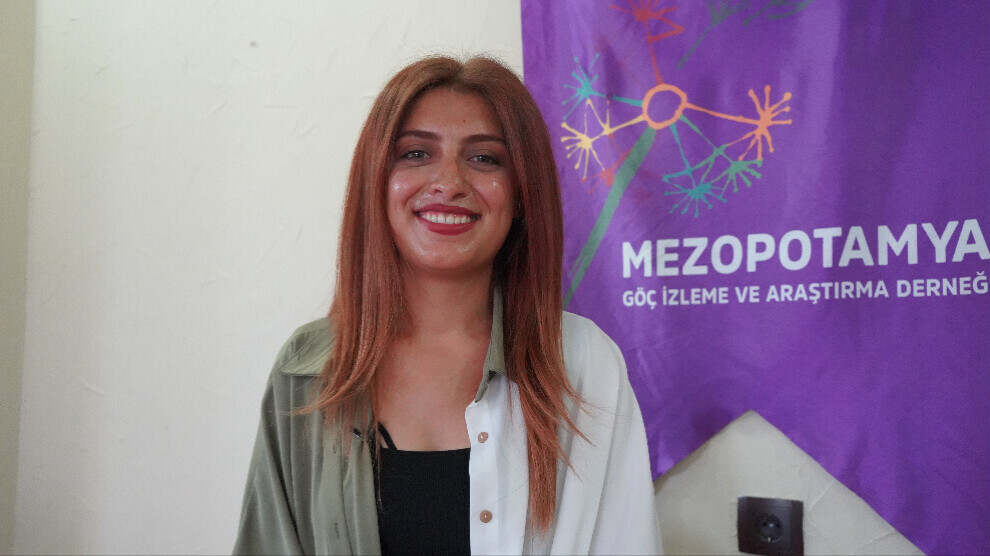Alkan: Village resettlement seen as key to solving migration crisis
Medya Alkan stated that ensuring returns to evacuated villages in Kurdistan is essential to prevent further migration.
Medya Alkan stated that ensuring returns to evacuated villages in Kurdistan is essential to prevent further migration.

Medya Alkan stated that ensuring returns to evacuated villages in Kurdistan is essential to prevent further migration.
Medya Alkan, co-chair of the Mesopotamia Migration Monitoring and Research Association (GÖÇ-DER), spoke to ANF. Alkan stated that the core aim of the state's migration policies is to depopulate the geography of Kurdistan.
Alkan explained, “Since the era of the Eastern Reform Plan, the state has implemented special warfare policies to reshape the demographic structure of Kurdistan according to its own agenda. As we all know, in the 1990s, villages were forcibly evacuated. The state has tried to redesign cities in its own image. With migration policies, it aims to strip cities in Kurdistan of their identities.”
Alkan noted that migration to Europe has intensified over the past decade, underlining that this trend has been consciously encouraged by the state. She said, “The state does not want an organized youth. It follows a strategy of ‘divide, fragment, rule.’ They are trying to disconnect Kurdish youth from their homeland.”
State must take responsibility
Medya Alkan highlighted the displacement that occurred during the years of conflict and stated: “The issue of migration is not only a problem for the people, it is also a problem for the state. The state must take responsibility. Just as they once evacuated the villages, they must now pave the way for people to return to them. The responsible party here is the state.
As part of Migration Week, we went to the parliament and held meetings with all political parties on the subject of village returns. Through press statements, we made public calls for people to return to their villages. Migration is taking place due to economic and political reasons, as well as the structure of the regime. This can be prevented by enabling a return to the villages. We have ideas on this, and we are working to put them into practice.”